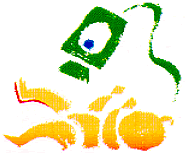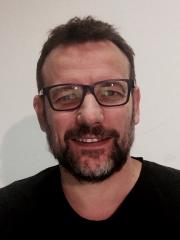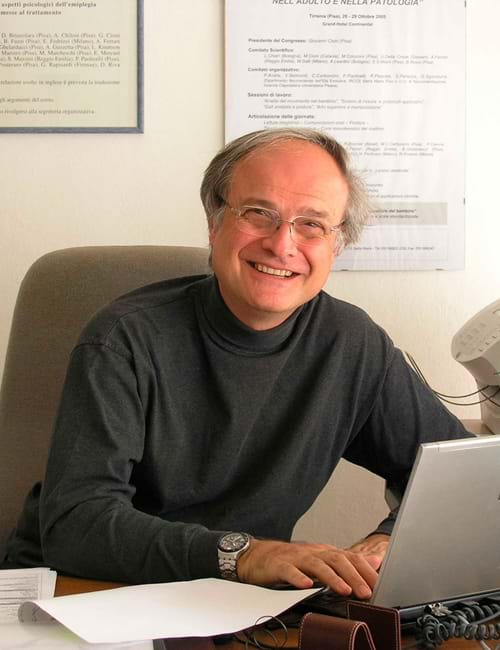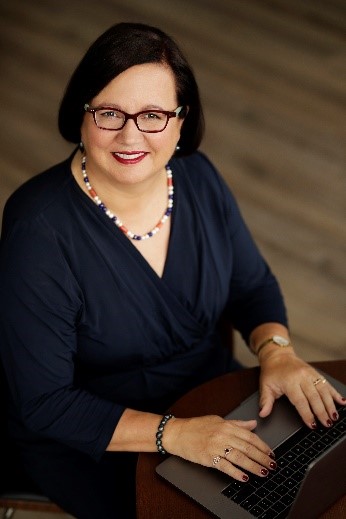Prechtl's Method of the Qualitative Assessment of General Movements
Available courses: Advanced (Type B) and Basic.
Location: Cairns
Dates: Saturday, 27 July to Monday, 29 July 2024

The Basic Course
The Basic Course provides an introduction to Prechtl's Method on the Qualitative Assessment of General Movements in young infants. This new assessment method has shown its merit for the prenatal and postnatal evaluation of the integrity of the nervous system. Compelling evidence is now available that qualitative assessment of General Movements (GMs) at a very early age is the best predictor for cerebral palsy. This method has become a potent supplement to the traditional kind of neurological examination.
Physiotherapist with PhD in Biomedical Science and >30 years clinical and research experience in the field of Cerebral Pa
The Advanced Course (Type A)
The Advanced GMA course A is a three and a half day course for participants who are already engaged in applying Prechtl's Method on the Qualitative Assessment of General Movements. The Advanced Course Type A will provide additional intensive training in correct judgement. This training will deal with the details of the assessment, the proper terminology and technique, as well as with the application of individual developmental trajectories.
Main topics of lectures, demonstrations and exercises are:
• The ontogeny of spontaneous motor activity;
• Normal and abnormal GMs from birth to 20 weeks post-term;
• Practical instructions for recording and assessment of GMs;
• GMs and follow-up: individual developmental trajectories and their predictive power for later neurological impairments.
Note: this Advanced GMA course- type A does not focus on detailed training on the Motor Optimality Scoring (GMOS/MOS).
The Advanced Course (Type B)
This training will deal with the details of the assessment, the proper terminology and techniques, as well as with the application of individual developmental trajectories. The Advanced Course B will provide specific training on detailed scoring of both the Motor Optimality Score (MOS) during the fidgety period and General Movements Optimality Score (GMOS) during the writhing period. in correct judgement. Participants will be expected to bring some of their own videos.
Who should attend? Medical specialists, neonatologists, physiotherapists, occupational therapists, registered nurses and other professionals in the field of infant neurology. Participation in the Advanced Course is possible only for individuals who successfully passed a Basic Training Course held under the auspices of the GM-Trust.
The courses fulfil the standards specified by the GM-Trust (www.general-movements-trust.info).
Registration & Payment
Limited number of places available - registration fee includes workshop materials, morning tea, light lunch, and afternoon tea:
(Actual location of the trainings will be available closer to training dates)
Registrations open 22 February 2024
| Location | Dates | Course | Registration inc GST |
| Cairns | Saturday, 27 July 2024 - Monday, 29 July 2024 | Basic | $1,650 |
| Cairns | Saturday, 27 July 2024 - Monday, 29 July 2024 | Advanced (Type B) | $1,650 |
Course Instructors

Professor Andrea Guzzetta MD, PhD
Professor Andrea Guzzetta is Director of the SMILE Lab and Clinical Director at the Stella Maris Institute at the University of Pisa. His expertise and research focuses on neonatal brain function, neonatal and child vision andearly intervention for infants at high risk of CP and with CVI. Andrea leads the EU Horizon Program Born together on implementation of Early Detection and early Intervention in Italy, Denmark, Georgia, Netherlands, Sri Lanka and Indigenous Australia. He is a senior trainer and member of the General Movements Trust, an international group of researchers, together with whom he developed a method to assess brain function in young infants from their spontaneous movements. Andrea will lead the Advanced B GMA Course.
 Professor Giovanni Cioni, MD
Professor Giovanni Cioni, MD
Professor Giovanni Cioni is Director of Research at the University of Pisa. Professor of Child Neurology and Psychiatry, University of Pisa - Scientific Director of IRCCS Fondazione Stella Maris. Giovanni Cioni's main research interests are: Early brain plasticity in relation to neurodevelopmental disorders (human and mouse models) and early intervention Primary creatine deficiency disorders Neuroimaging techniques (including Ultra High Field MR) and application to child neurology New approaches to neurological evaluation of newborns and young infants; Short- and long-term follow-up of the newborn at risk for a neurological damage; Cerebral visual disorders in children. Giovanni is a Senior Trainer at the General Movements Trust. Total number of publications (Google Scholar July 2019): 581 (last 5 years 121) Total H index: 58 (last 5 years 16) Total number of citation: 11386 (last 5 years 912). Giovanni will lead the GMA Introductory/ Basic Course.
Course Facilitator:
 Professor Roslyn Boyd
Professor Roslyn Boyd
Professor Roslyn Boyd is Scientific Director of the Queensland Cerebral Palsy and Rehabilitation Research Centre (QCPRRC) an internationally recognised research group at the University of Queensland in the School of Medicine. The centre includes a multidisciplinary team of 38 researchers and in addition provides clinical research leadership to 60 clinicians from multiple disciplines in the state-wide Queensland Paediatric Rehabilitation Service based at the Lady Cilento Childrens Hospital. After primary training and experience in Australia and London as a physiotherapist she completed her PhD in neuroscience at La Trobe University, the Brain Research Institute and the Murdoch Children’s Research Institute in Melbourne for which she was awarded the Premier’s Commendation by the Victorian Government.
For more question about the event, please email to auscpnetwork@uq.edu.au.
